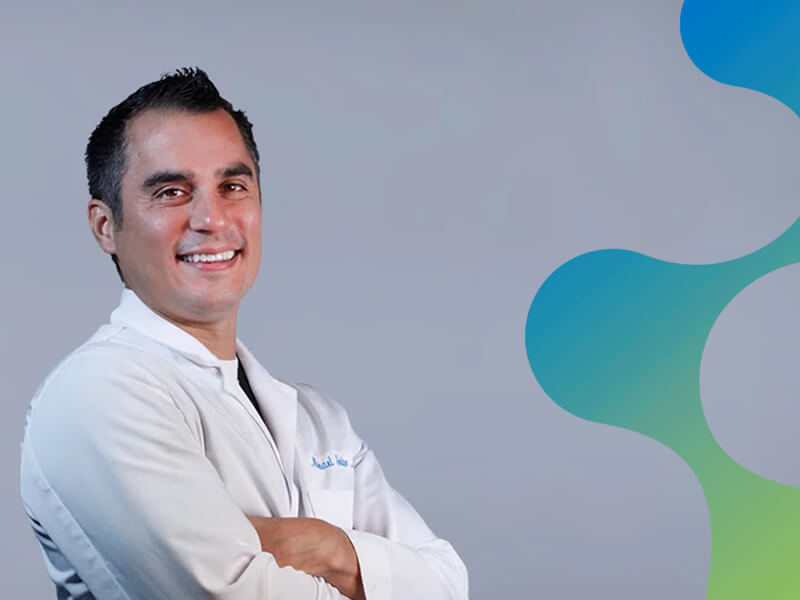NEW POSSIBILITIES IN
CANCER TREATMENTS
Our physicians use state-of-the-art technology in their fight against cancer. We evaluate every cancer patient and find the most appropriate treatment plan possible, one that offers the best chances for a cure. Using the most advanced interventional radiology (IR) procedures and imaging modalities we treat tumors directly, and avoid many of the drawbacks of more systemic treatments.
We offer treatments for the following conditions:
Microwave Ablation
About the procedure
Microwave Ablation (MWA) is a minimally invasive procedure used to treat cancerous tumors. The procedure can be equally applied tumors in the location where they originated, or in locations to which they may have metastasized. During the procedure, the doctor inserts a specialized, needle-like probe into the tumor and then uses microwaves to generate heat and destroy or shrink it.
Why it’s done
This procedure is often used by Comprehensive Interventional Care Center doctors to treat tumors that are not candidates for surgical resection, because they are too small, too numerous, or located too near important blood vessels. Because of the localized effects of the MWA procedure, it is free from many of the side effects of other forms of treatment. MWA treatment is a low-risk procedure that can be performed without general anesthesia and either as an outpatient procedure or with a minimal overnight stay.
What to expect
Preparation: You may or may not need to stay overnight at the hospital after this procedure. Discuss this before the procedure with your CiC physicians, and also tell them about any medications you are taking, including herbal supplements. You may be advised to stop taking aspirin, NSAIDs, or blood thinners for several days before the procedure. If you are pregnant, be sure to inform your doctors so that they can use X-ray procedures that will minimize radiation exposure to the baby. You may be advised not to eat for several hours before the procedure, and you should plan to have someone available to drive you home afterwards.
During: After application of a local anesthetic, your doctor makes a tiny incision in the skin and insert a thin, straight needle that is connected to a microwave generator. The needle is guided into place near the tumor using X-rays or other visualization technologies, and then the microwave generator is activated. This creates a field of highly focused heat, which is used to destroy the cancer cells.
After: After treatment, the needle is removed and you will rest in a recovery room for a while. Depending on your condition, you may be released the same day, or you might be asked to stay overnight. If you experience nausea, fever, or pain after the procedure, you will be given medications to control it.
When you are discharged from the hospital, you should be able to resume your activities within 7 to 10 days. For the first 24 hours, however, you should not drive or operate machinery, and you should not engage in any kind of strenuous activity. Over the next few weeks you will also need to check in regularly with your CiC physicians, so they can monitor your progress.
Getting the best cancer care
Whatever form your cancer has taken, you can count on receiving the best treatment possible from the specialists at Comprehensive Interventional Care Centers. Because we specialize in the latest techniques and cutting-edge technologies, as a patient you will benefit from the most advanced and most effective cancer care possible.
One Team, Your Team

Joel R. Rainwater, MD
Chief Medical Officer

James R. McEown, MD
Internal & Emergency Medicine, Phlebology

Karen Garby, MD, RPhS
Director of Venous Intervention

David Lopresti, MD
Medical Director, Interventional Radiology

Michael Switzer, MD
Interventional Radiology Endovascular Specialist

Michael H. Makki, DO, FACC
Interventional Cardiology

Jeff Braxton, MD, FACS

Kevin Duwe, MD
Interventional Radiology Endovascular Specialist

Charles Nutting, DO, FSIR
Interventional Radiology

